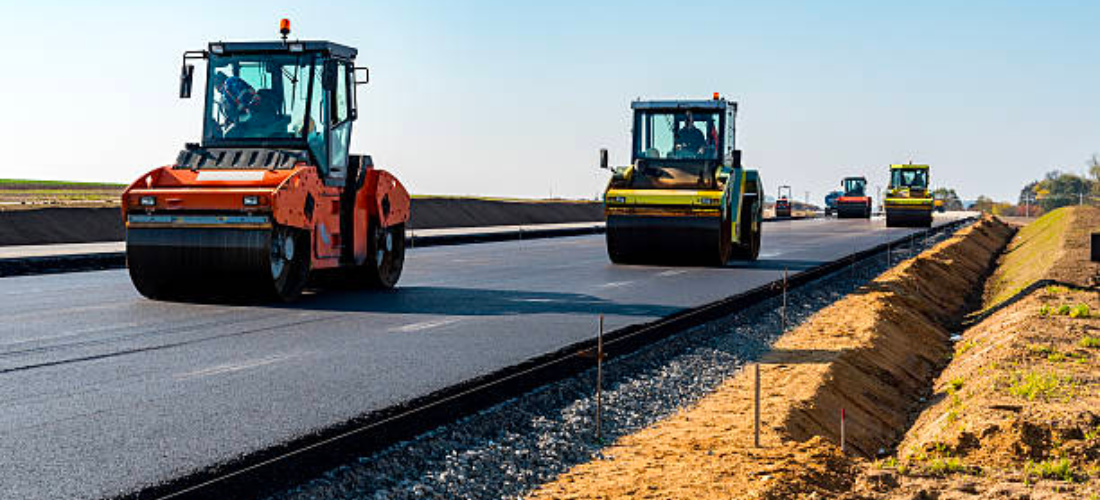Maintenance of Highways refers to the preservation and restoration of each type of roadway, roadside, and structures as close to their original condition as constructed or as subsequently improved, as well as the operation of highway facilities and services to provide satisfactory and safe transportation.
Neglecting maintenance might cause a road to fail completely or need re-construction, which can cost three or more times the cost of upkeep.
There are three kinds of highway maintenance. They are as follows:
- Reactive Highway maintenance
Reactive road repair is performed in response to an issue. Pothole repair is the most prevalent type of reactive road maintenance. Potholes emerge gradually over time where the road surfacing has cracked and degraded, resulting in a dip or hollow in the highway. Permanent pothole repair is necessary to correct this.
Reactive road repair may be quite expensive, especially if a minor issue is allowed to grow into a much larger one. As a result, those in charge of the roads attempt to reduce reactive road maintenance to a minimum and, where feasible, perform preventative road maintenance.
- Periodic/Routine Highway Maintenance:
As all forms of highways are subjected to unfavourable weather conditions and moving traffic, they will eventually deteriorate. As a result, they require repair before further degradation. Routine road maintenance is typically non-structural in nature and is intended to extend the life of the pavement, improve performance, and reduce user delays in road use, for example, re-graveling of unpaved roads, resealing (with surface dressing, ultra thin asphalt, etc.) of paved roads, and re-graveling of shoulders.
- Emergency Repairs and Maintenance:
Emergency maintenance refers to highway maintenance works performed after 10 years or in the event of any undesirable conditions. As a result, emergency maintenance is classified into two types:
Repair of the road after the crucial period has passed, including the reconstruction of the pavement, structural, and drainage as needed. It is sometimes referred to as rehabilitation.
Urgent emergency maintenance work is required for reopening the road creation of a temporary diversion to let traffic pass past obstacles such as slides, storms, and so on.
Need for Highway Maintenance:
Highways are regarded as critical components for improving communication from one location to another. For greater comfort, it is important to maintain these communication channels.
The following are some of the reasons why road upkeep is so important:
- Highway maintenance is critical to moving traffic safely and smoothly.
- To enable the safe and comfortable transfer of passengers and commodities from one location to another at all times.
- Road maintenance on a regular basis helps to avoid accidents caused by defective and damaged roadways.
- It extends the life of the road.
- Maintaining road user safety and reducing improper traffic movement
- Maintenance of different highway components such as pavement, drains, shoulders, side edges, and so on improves service to road users.
A solid highway infrastructure is crucial for every country’s successful growth and development. Highways can have a significant impact on social progress and interactions. It is crucial in making travel easier and more convenient. This is extremely useful whether traveling for job or pleasure, as well as for transferring items. Across the country, the highway system connects major cities and rural regions.
However, when it comes to maintaining the highways, the biggest question that comes to mind is how to maintain it and how to do it economically. Microsurfacing is the way to do it right, qualitative and quantitative wise. Mircrosurfacing is not only economical but also an optimum solution to highway maintenance under any of the above 3 maintenance types. Keeping up with road maintenance, higher pavement durability and lower repairs can be achieved through a quick and instant process of microsurfacing.
A well maintained highway is the path to great development.

